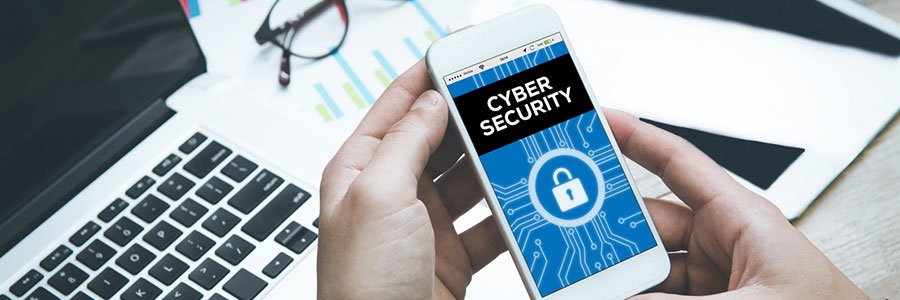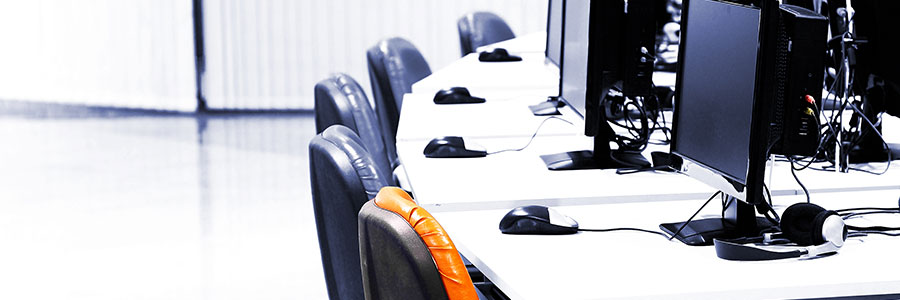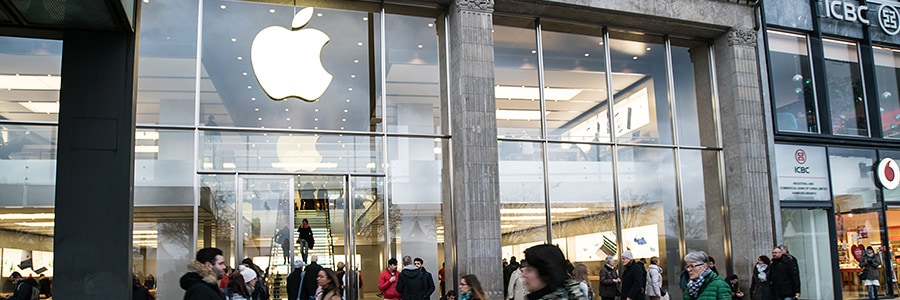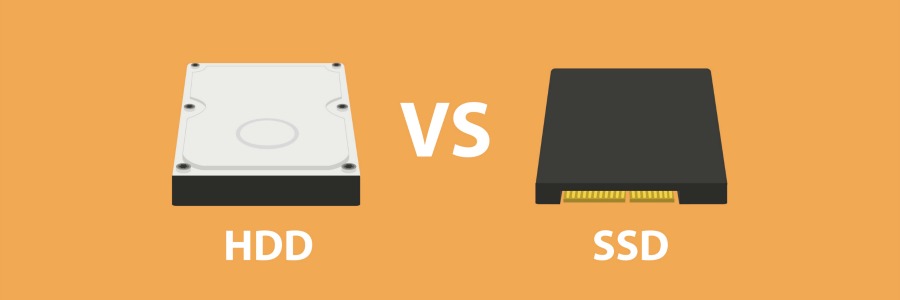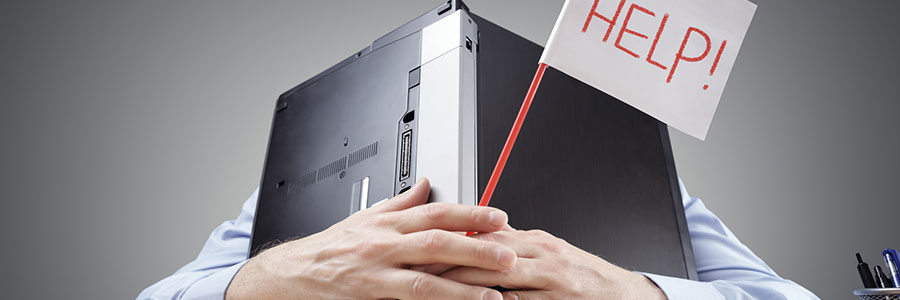Mobile devices are generally less secure than laptop and desktop computers. While there are available anti-malware applications for smartphones and tablets, they aren’t as comprehensive as those for laptops and desktops. Additionally, some mobile devices aren’t compatible with certain security applications or measures implemented by businesses.
Keep your mobile devices safe with these tips
Cut your IT costs by investing in thin and zero clients
IoT security 101: Things to remember
Is it finally time to buy a new Mac?
Reduce your PC power consumption
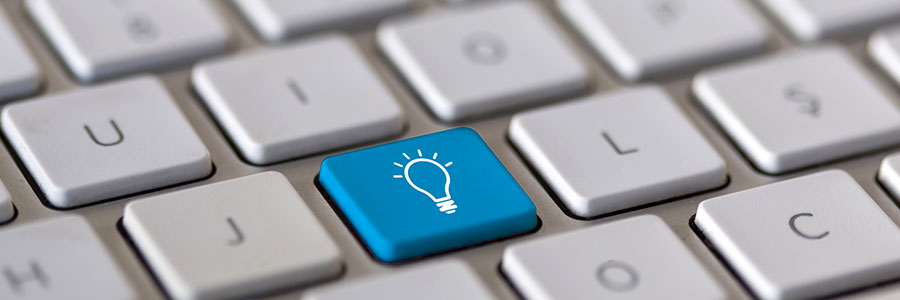
There’s a computer in almost every home and office nowadays. A typical desktop that’s switched on 24/7 for a whole year releases carbon dioxide equivalent to what an average car releases in an 820-mile drive. To save energy, you don’t need to make drastic changes; you can start by making small adjustments that will ultimately lead to significant savings.
CYOD and BYOD: What are they?

Mobile devices are a popular tool for many employees, most of whom will at some point use their personal device for a work-oriented task. Companies are adopting a BYOD or bring your own device policy to help bolster motivation and productivity. Another similar trend gaining popularity is CYOD or choose your own device.
Computers for a small business: Laptop vs. desktop

As an entrepreneur, you've got your hands full making choices that can make or break your company. One important decision is choosing your small- to mid-sized business’s (SMB) computer hardware, whether you should invest in desktops or laptops. The following are valuable considerations on how to make the best choice between the two.

